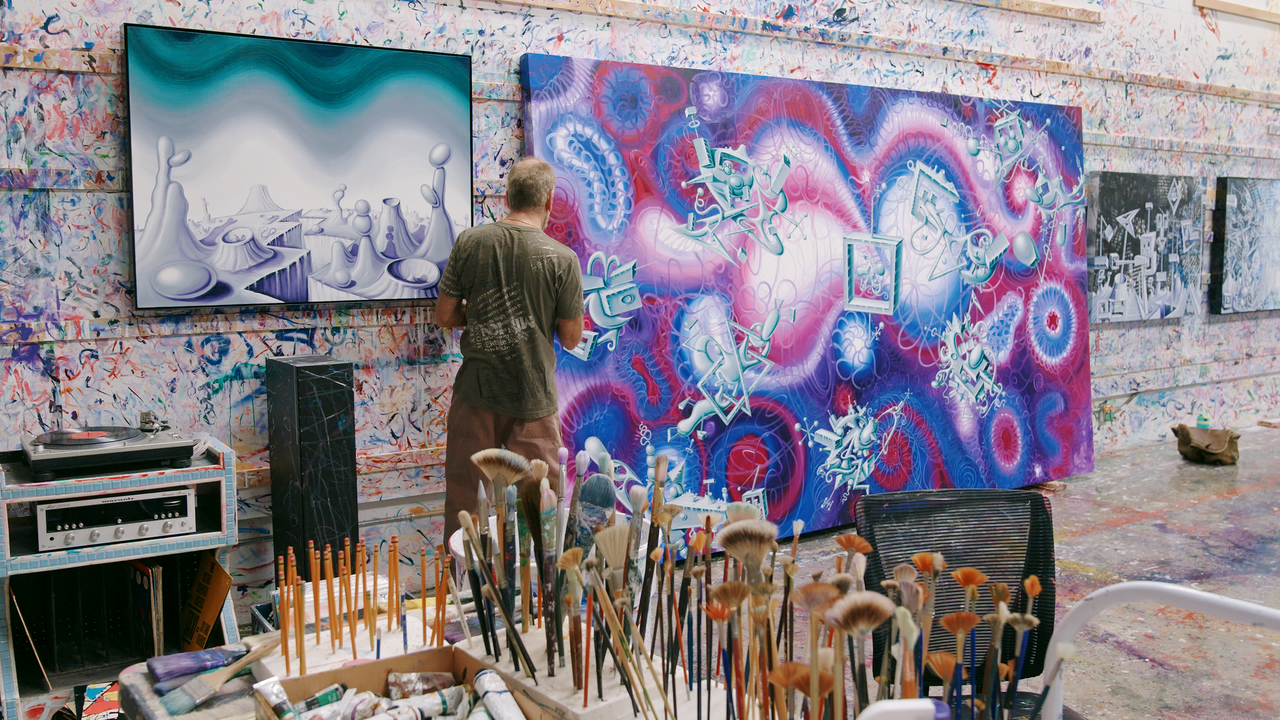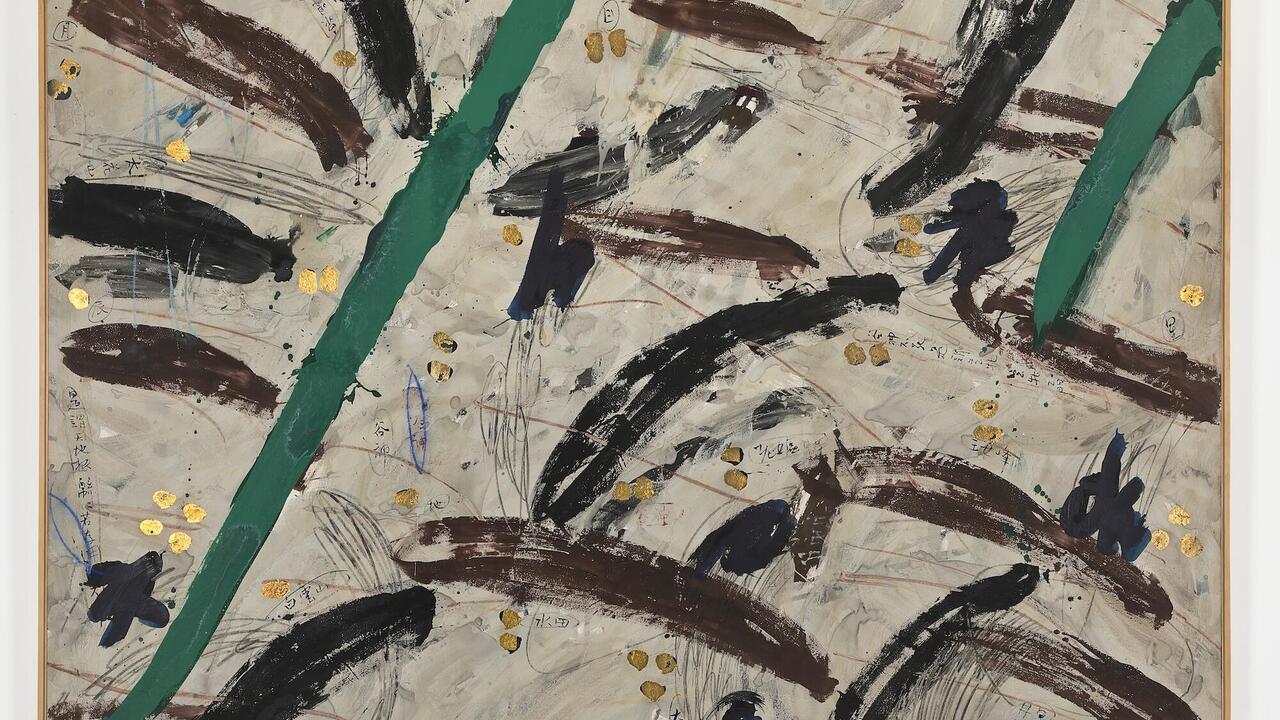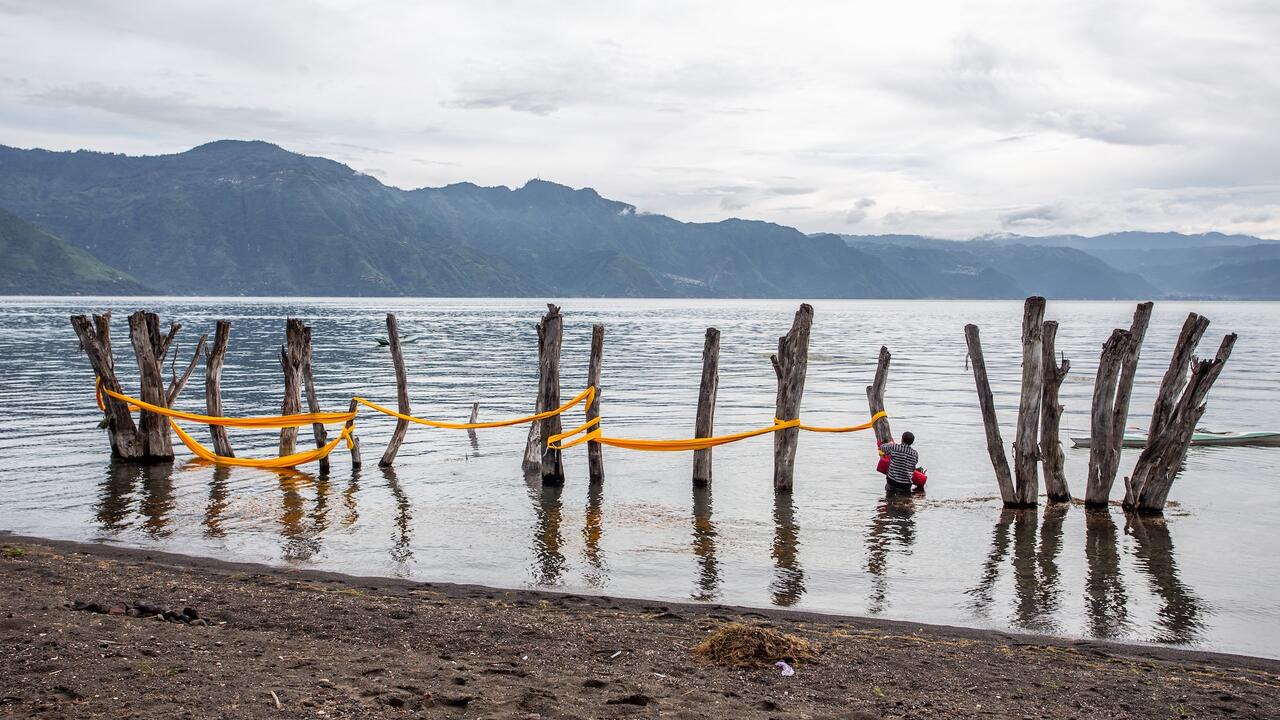Freedom Of The City
Conway Hall, London
Conway Hall, London

One doesn’t seek out free improvisation for its soothing properties. Yet it is not just the repeated sounds of instruments stretched to their sonic limits that provoke cognitive exhaustion by the second night of the two-day ‘Freedom Of The City’ festival. It is more the way in which the acute listening and reactive tensions between the often small, intense ensembles on Conway Hall’s elegant 1920s-designed stage begin to seep into the listener too. Successful communication is never guaranteed in live improvisation. Questions – for improv is nothing if not a questioning style of music – spring to mind often, regarding the aim of each note, the role of each player, and, in a wider sense, what free improvisation represents almost 50 years after its beginnings.
Founded by saxophonist Evan Parker and AMM percussionist Eddie Prévost in 2001, history inevitably hangs heavy over ‘Freedom Of The City’. AMM – playing today as a core duo of Prévost and John Tilbury, along with Christian Wolff, saxophonist John Butcher and cellist Ute Kanngeisser – was founded by Prévost, Lou Gare and Keith Rowe in 1965 around tenets of spontaneity combined with a serious exploration of what constitutes experimental music. Tonight’s performance is meditative and timeless, without a clear narrative of build-up and climax; it is hard to get a sense of its amorphous dimensions. Often a fierce player, Butcher contributes hushed tones that connect intimately with Kanngiesser’s cello, while Wolff adds layers of melodica and a treated, table-top guitar to the picture, brief shingles of sound and silence.

Wolff’s preceding performance with the Post Quartet (tonight performing as a trio) consists of a series of his ‘Exercises’, composed in the 1970s. Open-scored and flexible pieces, these pieces depend on the interpretative skills of the performers, and tonight the string ensemble seems a little reserved, growing in confidence as the performance progresses. The often sparse structures are uncompromising in their subtlety, but the concert works well as a contrast to an earlier set from the London Improviser’s Orchestra – an exuberant sequence of pieces each conducted by a different member of the group, which comprises more than 30 members. The results are varied, and the overall set feels long and busy, its climax (in which the orchestra leave their seats to play among the audience) a little precious. Such gestures are neither confrontational nor challenging in this environment, though the enjoyment is tangible and unforced, carrying the afternoon’s performances through their peaks and troughs.
A series of impressive small-ensemble performances punctuate the following day, most notably the duo of Butcher and bass player John Edwards. Both combine a commitment to formulating new vocabularies for their respective instruments with a muscular approach to performance, and today’s set is both bracing and mysterious. Butcher explored the acoustic properties of various odd locations – including an oil tank and a cave – in his ‘Resonant Spaces’ project (2006); his interest in ambient sound is mirrored here in the atmospheric, insectoid noises coaxed from soprano and alto sax.

Pat Thomas, John Coxon and Mark Sanders follow with another striking set that is not afraid to use volume and distortion, contributed mainly via Coxon’s electric guitar and a laptop to the side of Thomas’ piano. Sanders is a frenetic drummer, and passages in which he leads the group in percussive playing are exhilarating. The trio’s intelligent engagement with noise is refreshing, an attitude continued by the next trio to play – Alan Wilkinson, James Dunn and John Bissett – in which electronics are also present, this time through Dunn’s small modular synthesiser. Its crackles and burbles are echoed both by Bissett’s guitar and Wilkinson’s enjoyably visceral baritone technique. Quickfire conversational sequences between the three are particularly impressive.
I had expected the more noise-based performances to be more to my taste than more idiomatic sets from Lol Coxhill’s solo spot and John Russell’s Quaqua ensemble, yet another high point of the weekend is the instrumentally traditional pairing of young pianist Alexander Hawkins with drummer Tony Marsh, a longstanding member of London’s improv scene. There is something arrestingly natural in their collaboration that’s hard to define: something to do with its transportive and rolling flow, perhaps, in a weekend so full of stop-starts and significant pauses. The change of mood is a good precursor to the festival’s final set, as Evan Parker, John Russell, John Edwards and Peter Evans come together in a virtuosic quartet. Scuttling, shrieking exhanges between the four even out into low, smoother playing from Parker and Edwards, but the focus moves around the group so quickly and adeptly that the listener is forced to perceive the whole at all times – an undertaking that is actually harder than it sounds, but rewarding.

It is this kind of aural challenge that keeps improv in the present day, even if so much of this weekend’s aesthetic has seemed to belong to another time, an increasingly unfamiliar era of countercultural concerns that are echoed on Conway Hall’s foyer noticeboard (a Marxist discussion group and a pagan lecture are both listed). It leaves me full of queries about the linguistic links between all sorts of marginal forms of music, a state of enquiry that I hope the festival’s founders would not be averse to.















